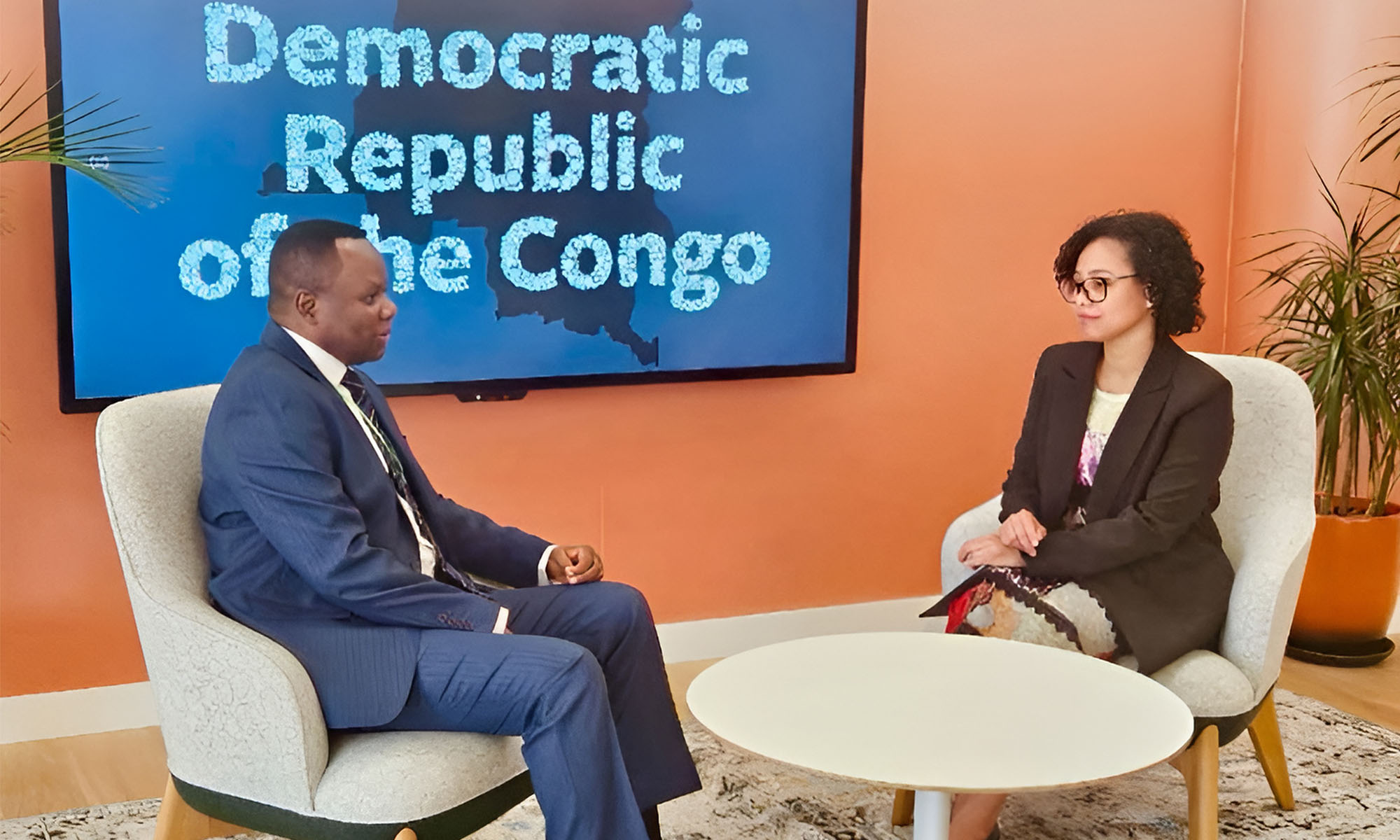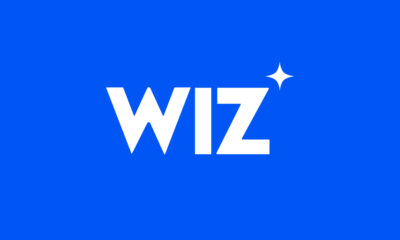News
Democratic Republic Of Congo Embarks On Meta Collaboration
The recent visit by DRC cyberdefense experts laid the framework for the Facebook parent company to provide training in security and technology.

In an increasingly connected world, cyberdefense has become a major concern for governments worldwide. The Democratic Republic of Congo (DRC) is no exception to this new reality, and to combat the ongoing threat, the country has created a brand new National Cyber Defense Council (CNC).
Recently, A team from the CNC paid a high-profile visit to Facebook’s parent company, Meta, for a pivotal meeting that laid the groundwork for a collaborative partnership. During the visit, a diverse array of topics were discussed, ranging from cyberdefense challenges to the need to enhance the technological capabilities of the DRC.

One of the major outcomes of the visit was an agreement to establish a framework where Meta will provide specialized training in security and technology to enhance the skills of agents in the DRC.
The initiative underscores Meta’s commitment to boosting digital literacy in the region but also represents a major step towards empowering individuals and institutions in the Democratic Republic of Congo to effectively navigate an increasingly complex digital landscape.
Also Read: Dubai-Based Angel Investor Fuels Growth For GameCentric
In addition to a proposed training program, the visit facilitated an introduction to Rapidev, a group of companies specializing in electronic warfare, cyberdefense and anti-drone systems. Leveraging Rapidev’s expertise in security applications, combined with Meta’s online prowess, will enable the DRC to create innovative solutions to the country’s unique security challenges.
According to CNC head Jean-Claude Bukasa, the visit to Meta was not only successful but represented more than just a diplomatic exchange: “It symbolizes a shared commitment to leveraging technology for the betterment of society. As we embark on this collaborative journey, let us seize the opportunities that lie ahead and work towards a future where innovation, security, and prosperity go hand in hand”.
News
Influencer Growth Fuels Saudi Creator Economy Surge
The Kingdom’s creator economy grew over 32% in Q1 2025, fueled by TikTok, UGC, and cost-per-action (CPA) influencer models.

Saudi Arabia’s creator economy saw a significant 32.37% growth in the first quarter of 2025, driven by an uptick in influencer marketing, content-driven e-commerce, and the increasing influence of user-generated content (UGC). These insights come from a recent study by Admitad and the Stllr Network.
Much of this momentum is coming from video-based platforms, where brands are leaning on creators who feel more relatable than polished ad campaigns. The trend shows a clear preference for authenticity, as audiences gravitate toward content that feels real and personal.
Mohannad Alzahrani, Co-founder and VP KSA of Stllr Network, highlighted the shift: “The rise of user-generated content (UGC) is changing the way brands engage with consumers. Audiences trust real creators more than traditional advertising, making UGC a key driver of authenticity and sales”.
TikTok remains the dominant platform in this space, reportedly reaching 88% of the Saudi population. It also showed the sharpest rise in influencer-led transactions. Other platforms followed with solid, if less dramatic, growth: X was up 17%, Instagram increased by 12%, and Telegram by 10%.
In terms of content niches, beauty led the pack with a 56% growth rate, followed by lifestyle at 45.8% and fashion at 18.2%. Tech content also showed healthy traction at 10.6%, while entertainment, food, fitness, parenting, and gaming posted smaller — but still positive — gains.
Also Read: Top E-Commerce Websites In The Middle East In 2025
The report analyzed more than 300,000 influencer-driven purchases. These efforts translated into a 15% year-on-year jump in Gross Merchandise Value (GMV) and a 5% increase in the number of orders in 2024. Influencers themselves are seeing the benefit, with average order values hitting $54 and creator earnings rising by 14%.
A noticeable trend is the move away from fixed-rate deals. More influencers in Saudi Arabia are embracing hybrid compensation models — especially cost-per-action (CPA) setups that tie their earnings directly to performance.
As Anna Gidirim, CEO of Admitad, explains, “The CPA model brings much-needed transparency to influencer marketing. Brands only pay for actual results, and influencers benefit by securing long-term partnerships while offering their audiences exclusive promo codes and special discounts”.
However, the ecosystem still shows a gender imbalance. The data indicates that 63% of creators in Saudi Arabia are men, while women account for just 37%.
























